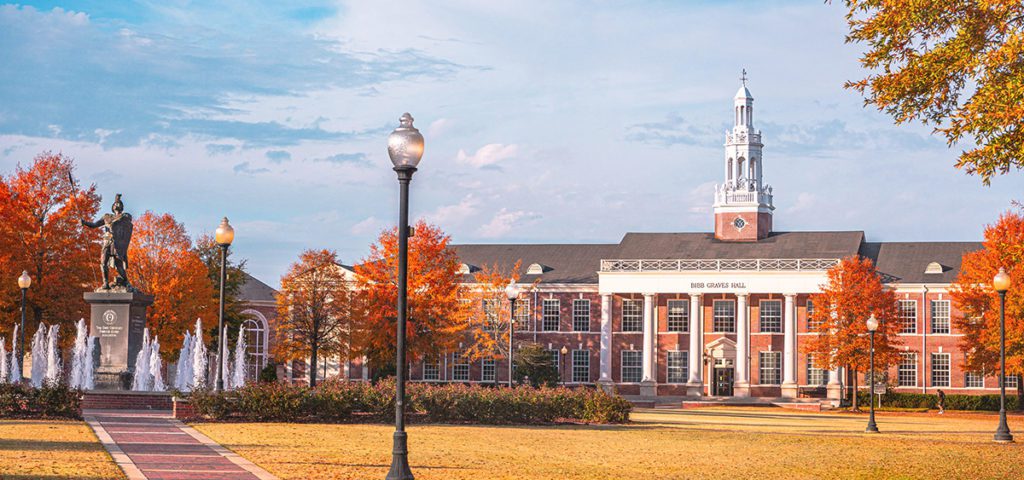The National Hemp Growers Cooperative and Troy University in Alabama are partnering on a project using hemp fiber to create biodegradable plastics.
National Hemp Growers Cooperative Partners with Troy University on Hemp Plastic Project

Full story continued below.
Advertisement
The National Hemp Growers Cooperative (NHGC) earlier this month entered into an agreement with Alabama’s Troy University on a project aimed at using hemp fiber to create biodegradable plastics. The partnership will see the co-op work with the college’s Center for Materials and Manufacturing Sciences.
During the signing of the Memorandum of Understanding on September 8, Dr. Jack Hawkins, Jr. described hemp plastics innovation as, “Not only is it good for the economy, but … also good for our world.”
“When you think about the advantage of hemp-based bioplastic, it makes for a better environment. It’s biodegradable, it’s a renewable resource and it’s tough. … This is a step in a major initiative that will grow this University in an exciting new way. We look forward to what the National Hemp Growers Cooperative can mean to this partnership.” — Hawkins, Jr. in a statement
The NHGC is a management company headquartered in Jackson, Mississippi that connects growers from across the United States. Nick Walters, managing partner of the NHGC, called the partnership “the beginning of hopefully a long-lasting relationship.”
“The use of bio-based plastics is full of potential, in particular for the U.S. automotive industry,” he said in a statement. “Industrial hemp is already proven to be an excellent source for bio-based plastics, but we need to create even more uses by blending with recyclable plastics. We can think of no better partner than Troy University.”
Dr. Steven Taylor, dean of the College of Arts and Sciences, said the partnership encompasses the goal of the Center: to offer solutions to real-world problems.
“It’s not so much about what the NHGC leadership needs, it’s what their members might need. Their goal is to try to help the farmers grow the product and have a market for the product, therefore they need products to make,” he said in a statement. “This also gives us the possibility of multiple partners, a place to start and branch out from. It’s the first step toward the Center having real connectivity outside of the University and may give us synergy beyond what projects we alone can generate.”
Get daily news insights in your inbox. Subscribe
End